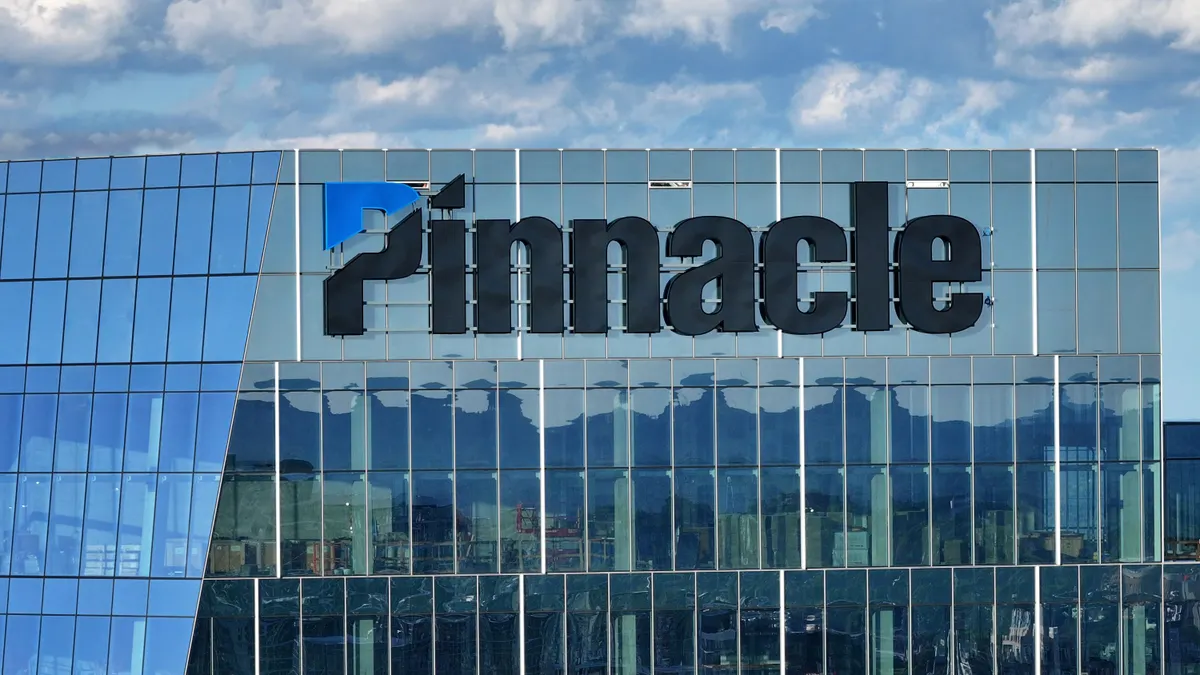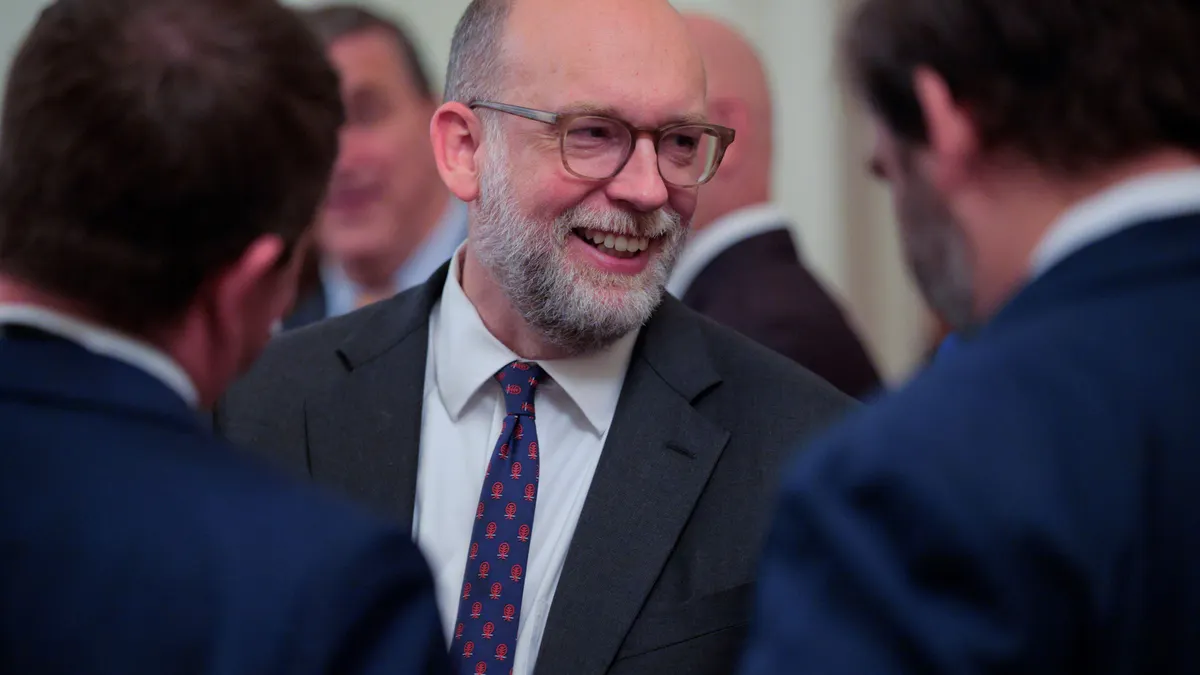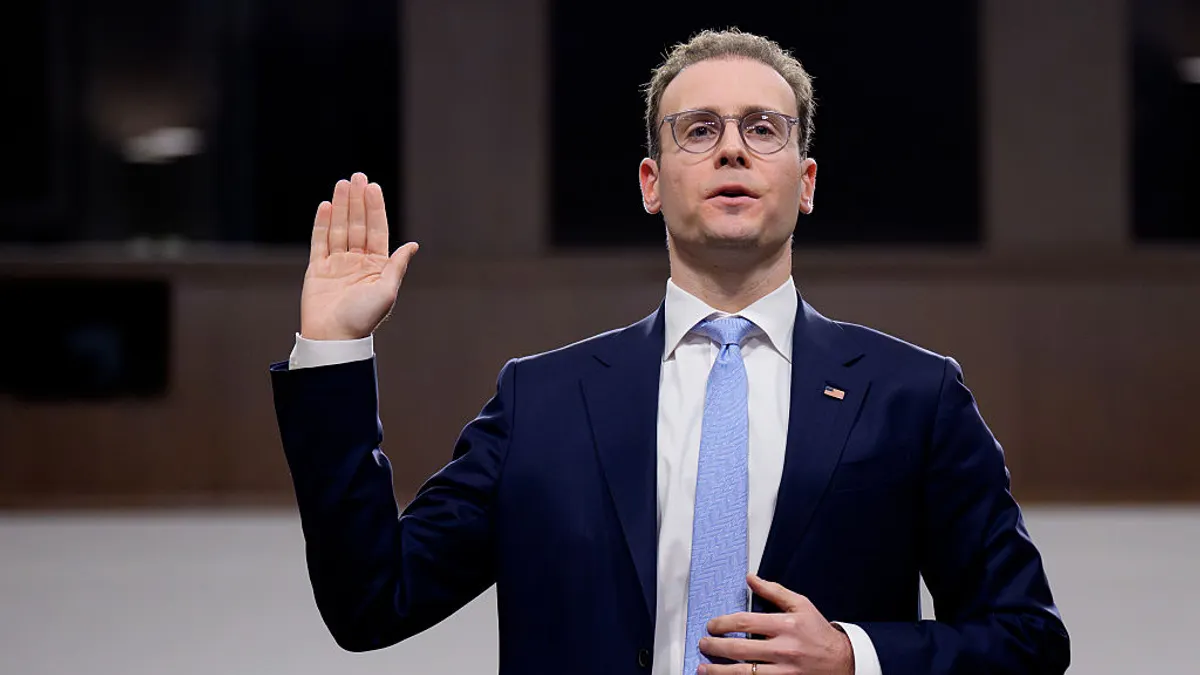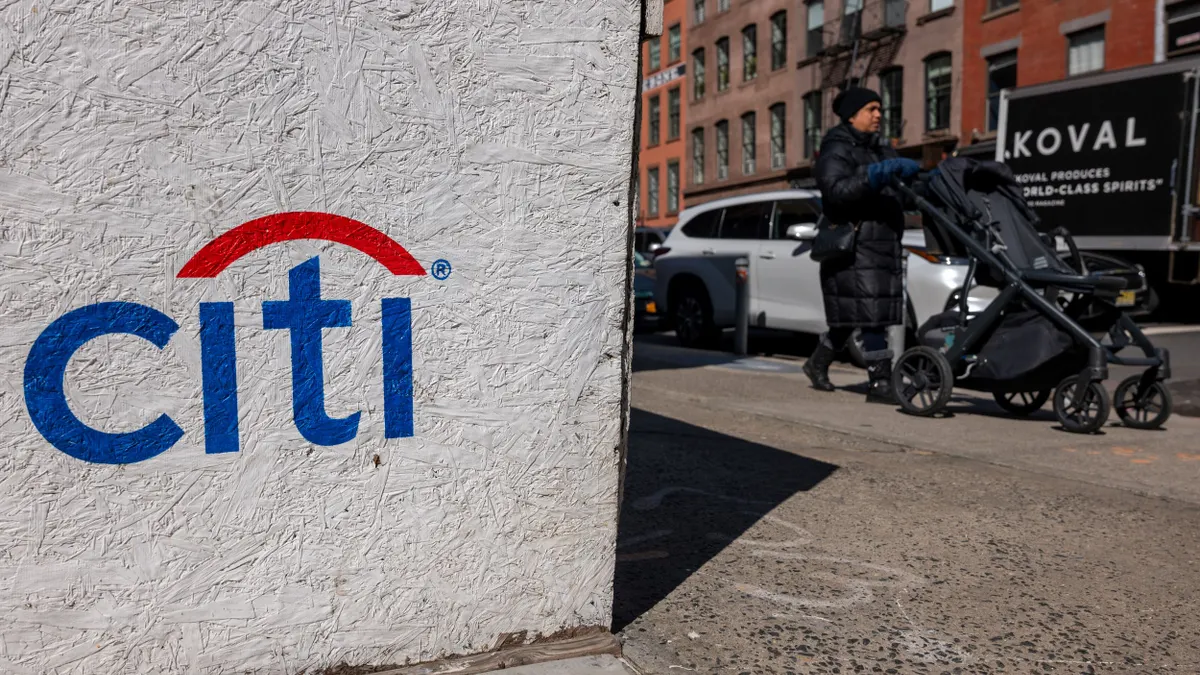Licensed clinical forensic psychologist Leslie Ellis’s journey to coronavirus financial relief overcame a panicked, bumpy start.
When Congress allocated the first round of $350 billion of Paycheck Protection Program (PPP) money, 1099 employees — which include contractors, freelancers and many small businesses — were largely shut out.
The Small Business Administration (SBA) didn't open its PPP loan portal to applications from 1099 filers until a week into the window. And by then, it was too late for many.
"The SBA didn't open up apps until April 10 for 1099 contractors, and didn't give any lender guidance for how to process these applications until April 15, and then the funds ran out the next day," a spokesperson at online lender Kabbage said. "1099 contractors had very little opportunity across the board and across the country."
The first round of PPP drew applications from 60% of small businesses, but only 5% received funding, according to a LendingTree survey. That figure would shrink to 2%, if you include 1099 contractors, the Kabbage spokesperson said, adding, "The demand is pretty wild."
Ellis, who runs a counseling and psychological services business on a contract to help Georgia’s Division of Family and Children Services, employs a counselor and an assistant.
"We never know month to month our basic caseload," she told Banking Dive. “One month, I might bill for $25,000. Another month, it might be $50,000 or $60,000. It just depends on how many children are taken into care and what the needs of the department are."
When Ellis initially applied for a PPP loan to help herself and her employees, she was approved for $60,000. But she was told each individual had to apply separately.
"So the following Monday, I’m on the phone with all the banking people," Ellis said. "They said, 'You're right, that doesn't make any sense, and it was a changed rule. It changed overnight."
That obstacle set her back several days. When she reapplied as an individual, she was approved for only $20,800 — not enough to pay rent and utilities for her office, plus her own living expenses, she said.
Then, the PPP's first round of funding ran out.
"If I don't get this loan, I may have to do something drastic," Ellis told Banking Dive at the time. "My biggest rent cost is about $2,000 a month. If I don't get any assistance, I'm going to have to make some hard decisions."
Although the PPP funding ran out before Ellis could get any, she was put in a virtual queue in the event Congress allocated more funds to the SBA.
A week after the second round of PPP funds became available, Ellis was notified she would get the $20,800 deposited in her account in 5 to 10 business days, she said. Her employees also were approved for individual PPP loans, and Ellis managed to get an Economic Injury Disaster Loan for $5,000 to help pay her rent and utilities.
Ellis, who applied for her PPP loan through Kabbage, said she thinks she’ll be OK for the next few months. But she's worried about the long game. Although Georgia is reopening, the Division of Family and Children Services will remain closed, which will continue to dampen Ellis's financial outlook.
If Ellis and other division contractors can't make enough money until Family and Children Services reopens, children in need will suffer, she said.
"Everyone is working from home," she said. "There is a critical need, but they can't get the clients to travel or go out, and not every one of them has a computer.
“What we're anticipating is once society opens up again, we're going to probably be flooded because of the cases of domestic violence and child neglect that are going to be a lot worse now," she added. "Workers themselves are not as flexible as they need to be, they're stuck at home, and there's only so much they can do when they go out in the field to meet a client."
Ellis isn't the only 1099 filer struggling to get funding through the PPP.
"We certainly have gotten a lot of folks coming to us with these business structures because their banks and credit unions wouldn't even accept an application from them," the Kabbage spokesperson said. "That's what you’ve seen across the board from small businesses who didn’t have existing credit relationships with banks. These folks just had a difficult time on both fronts. The SBA didn’t give 1099 people any time before the funds ran out."
Kabbage and other lenders have been working to help 1099 filers prepare their PPP applications, and launched initiatives to support them.
"When coronavirus first hit, we created this gift certificate program for small businesses to sign up to sell gift certificates to get more revenue," the spokesperson said. "We've even partnered with Facebook on this so small businesses can list directly on Facebook, and Facebook can service these companies to the communities that they’re in."
The Kabbage spokesperson recommended that 1099 contractors apply with multiple lenders to increase their chances of getting approved.
"One thing I've seen is a lot of these folks haven't filed for their taxes, and I think that's causing confusion," the spokesperson said. "A lot of lenders can still accept prepared files to the IRS, so as long as the lender has the ability to show payroll within 2019 to calculate that PPP loan, that’s really all these lenders need. ... People who put all their eggs in one lender, it’s helpful if they try elsewhere to see who can get their loan funded first from the SBA."



















